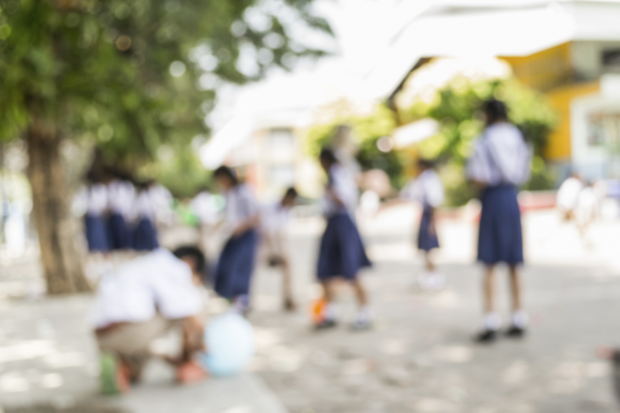
Today’s Education in the Media blog looks at Minister Gibb’s appearance at an Education Select Committee, and education union claims on school funding.
Education Select Committee
Yesterday, Wednesday 7 February, Minister Gibb spoke at an Education Select Committee hearing, where he was questioned on GCSE exam pressures. The Minister commented that he believed school-based assessment can help alleviate pressures on children during their later formal exams, as it helps them practice. To be clear, the Minister was discussing school-based assessments that many schools already incorporate at the end of each school year. This alleviates pressures on children during their later formal exam years as it helps them practice under exam conditions as well as exam revision techniques.
This government has taken steps to reduce examination burdens upon young people.
At GCSE level we have removed the incentives for multiple and pointless resits that were not helping children’s education, giving pupils at least two full years of study before they sit exams and reducing the burden of assessment on pupils and teachers.
At A level we have also made the exams linear with no January assessment window, and have created a new structure that will enable students to study for two full years towards an A level without the need to take an AS exam at all.
It is important to have an assessment system that helps to drive up academic standards and our assessment reforms are ensuring children are taught the knowledge and skills they need to fulfil their potential. We are seeing higher standards right across the school system with 154,000 more six-year-olds on track to become fluent readers compared to 2012, more primary school pupils achieving the expected standard of a rigorous primary curriculum and secondary school pupils rising to the challenge of more demanding GCSEs in maths and English.
The comments, and reaction to the comments, were covered by The Times, The Telegraph, Independent, The i (p.8), and The Metro (p.6).
A Department for Education spokesperson said:
Minister Gibb was simply referring to the annual school based assessments that many schools already choose to do themselves.
School funding
Yesterday, Wednesday 7 February, the education unions put out a press notice that claimed 15,000 staffing positions at secondary schools have been cut over the past two years because of funding issues.
The unions’ figures are fundamentally misleading, as we are investing more than ever before in our schools and funding through the National Funding Formula will mean that by 2019-20 all secondary schools will attract at least £4,800 per pupil, and all primary schools will attract at least £3,500 per pupil through the formula.
On top of this, we have a record number of teachers in the classroom, with the number of new teachers entering our classrooms outnumbering those who retire or leave, and there are more teachers returning to the profession.
Thanks to this, our wider reforms, and the hard work of teachers, our pupils are now amongst the world’s best readers and there are 1.9 million more children in good or outstanding schools than in 2010.
There was only minimal coverage of the announcement, with coverage in The Guardian, The I and The Mirror (p.12).
A Department for Education Spokesperson said:
The union’s figures are fundamentally misleading. We are investing £41 billion into our core schools funding in 2017-18 and £43.5 billion in 2019-20. As the independent Institute for Fiscal Studies has confirmed, funding per pupil will now be maintained in real terms between 2017-18 and 2019-20.
We have a record number of teachers, with 15,000 more teachers in our classrooms than in 2010 and 32,000 new trainee teachers having recently been recruited.
Thanks to our investment, our wider reforms, and the hard work of teachers, there are 1.9 million more children in good or outstanding schools than in 2010.
To read more about our new national funding formula and how under it every school will receive an increase in funding, read here.